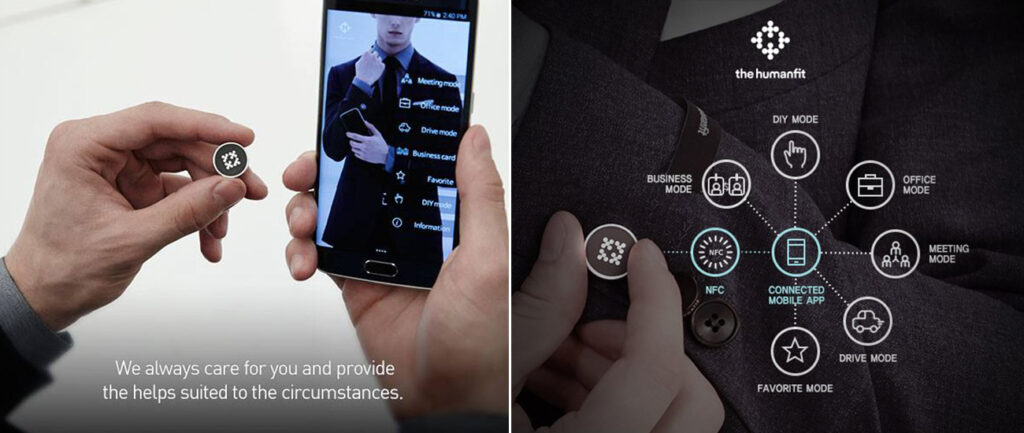Smart clothing is not a recent development but has revolutionized the fashion industry. Sensors and technology integrated into clothing can track our physical activity, monitor our health, and even communicate with other devices. According to a Gartner forecast, it is stated that global spending on wearable devices would be over $81.5 billion. However, the emergence of smart clothing has also raised different concerns about privacy and security. So, let’s look at these issues that have risen during these years.
Smart textiles and the security issues that come with them
Smart textiles, also known as e-textiles, are fabrics with embedded electronic components, such as sensors, microcontrollers, and communication modules. While these textiles have many potential benefits, such as real-time monitoring and analysis of a wearer’s physiological data, they also present security issues. Here are some of the security issues related to smart textiles:
One of the leading security concerns with smart clothing is the data that it collects. It collects vast data, such as biometric information, location data, and activity patterns. This data can be sensitive, and if it falls into the wrong hands, it can be used for malicious purposes. For instance, hackers can use this information for identity theft or to create targeted phishing scams.
Another security concern is the possibility of smart clothing being hacked. If hackers gain access to the clothing’s sensors and technology, they can control the data it collects and even access other connected devices. This can result in privacy breaches, financial loss, or even physical harm if the clothing is connected to a medical device.


The security flaws in smart clothing can be used to launch cyberattacks on the clothing’s wearers or the broader network of devices to which the clothing is connected. Moreover, the software and firmware that operate smart clothing are also susceptible to vulnerabilities. Hackers can exploit these vulnerabilities to bypass security measures, allowing them to access and manipulate data. Smart clothing manufacturers are aware of these security concerns and are taking measures to mitigate the risks. However, there are still challenges in developing secure smart clothing. One challenge is designing secure hardware and software to withstand attacks from determined hackers. Additionally, implementing effective security protocols can be challenging due to the complexity of smart clothing systems.
To address these concerns, educating consumers on the risks of using smart clothing and how to minimize them is essential. For instance, consumers should be advised to choose clothing with strong security features, such as encryption, two-factor authentication, and biometric verification. Also, consumers should be cautious about the data they share and ensure that their smart clothing is connected to secure networks.
Italian smart clothing company protecting the person’s privacy
Until now, we discussed all the security risks that come from smart clothing and wearables, but did you know that there are also different startups fighting these concerns with the use of smart textiles? An Italian startup, Cap_able, has launched a collection of clothing called The Manifesto Collection which features patterns which protect the wearer from biometric data collection by CCTV and facial recognition technology. The clothing features adversarial patches woven into the patterns that disrupt AI algorithms and miscategorize the wearer. The collection is a response to the company’s belief that personal liberties and freedom from profiling are being eroded away by governments worldwide. Regarding the project, Cap_able says, “The Manifesto collection is an example of Cap_able’s modus operandi and broader project: it wants to educate the population on the importance of privacy and human rights by addressing the problem of misuse of facial recognition technology.”
“When I’m in front of a camera, I don’t have a choice of whether I give it my data or not,” says co-founder and CEO Rachele Didero. “So, we’re creating garments that can give you the possibility of making this choice. We’re not trying to be subversive.”
The company hopes to educate the population about the importance of privacy and human rights by addressing the problem of facial recognition technology misuse. This way, Big Brother’s eye can only oversee some things we are doing.
So, in conclusion, smart clothing can potentially revolutionize the fashion industry. The collection and use of sensitive data, the possibility of hacking, and the vulnerabilities in the clothing’s software and firmware have become serious security risks. Therefore, it is important for manufacturers to prioritize security the development and for consumers to be aware of the risks and take appropriate measures to mitigate them. Only then can we fully realize the potential of smart clothing without compromising our security and privacy.






